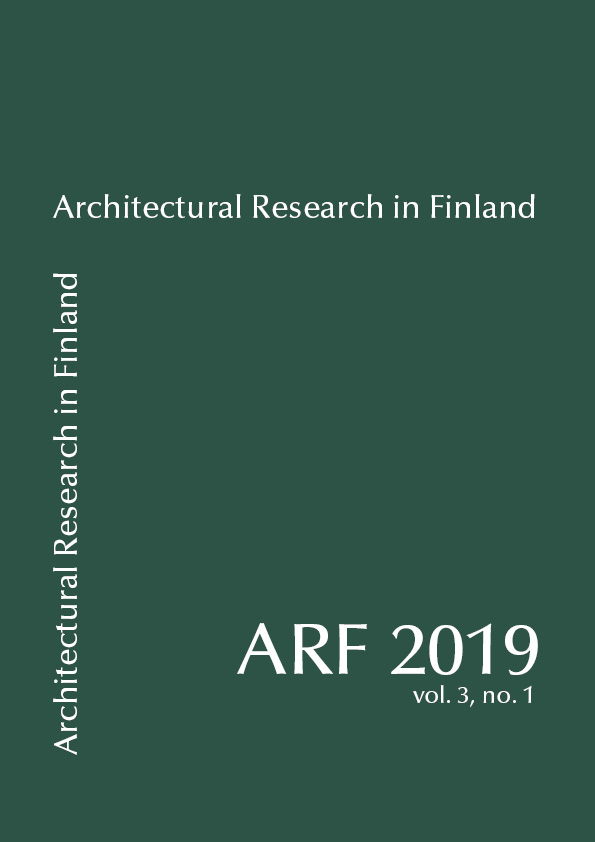Ambient Adaptive Lighting
DOI:
https://doi.org/10.37457/arf.121681Avainsanat:
Light, daylight, adaptive lighting, ambient, dynamic lightAbstrakti
The concept of adaptive lighting suggests architectural lighting designs that adjust and react to the living practices of inhabitants and variations in the environmental conditions. Current developments in lighting technologies, such as LED light sources and IoT infrastructures, open for new opportunities with adaptive lighting, where the control of the lighting possibly operates as an IoT service rather than build into building management systems.
The dynamic flux in lighting changes the experiential presence and brings focus on change and variation rather than states, levels and structures. The suggestion is to enable adaptive intertwinement through an expanded field of dynamic flux in the artificial lighting, and couple between the daylighting and the artificial lighting through an integration of ambient contexts.
The project develops experiential prototypes, with which the dynamic design parameters of adaptive lighting can be investigated, analysed and scoped into architectural programming processes. The staging’s are full-scale architectural scenography’s, which situate investigations into how the experience parameters of fluctuating artificial lighting, integrated with daylight flux in an architectural space, are experienced to influence the experience of architectural space, social situations and everyday activities.




